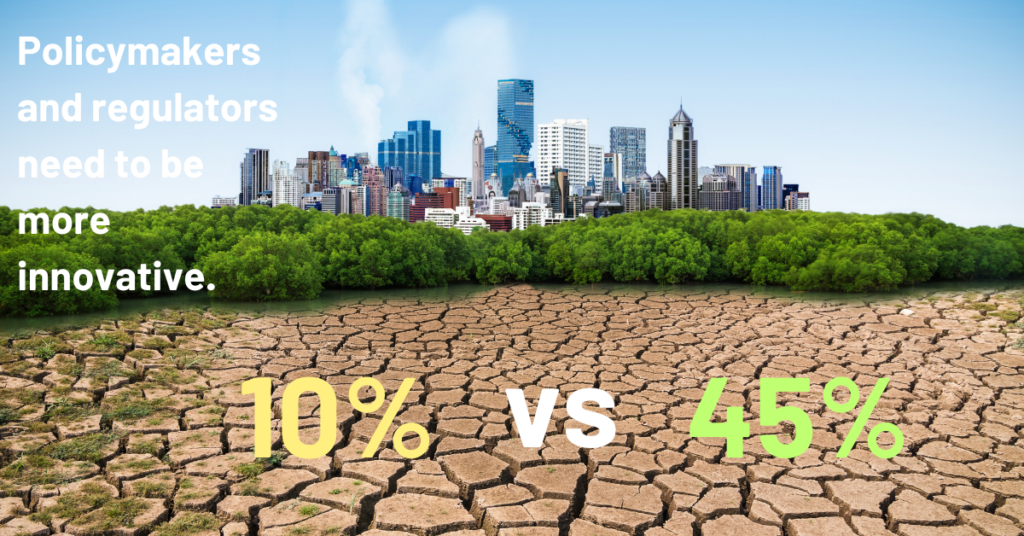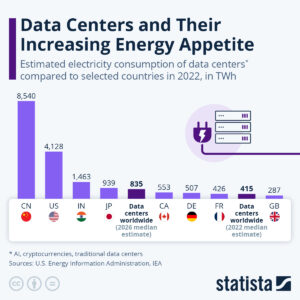Policymakers and regulators are the barriers to more clean energy investment in a world where the urgency to meet decarbonization goals is a pressing issue.
In a recent report, the International Energy Agency mentioned unclear policy frameworks and market designs are one of several factors hampering further clean energy investment. Shocking?. Not really. What is astonishing is that we hear the same story year after year, despite the urgency of the matter. Five years from now, the IEA’s report will still say that unclear policy frameworks and market designs are the culprits in our failures to reach our global decarbonization goals. I hope I am wrong.
A recent CEO survey in Canada further reinforces the point. The survey suggests that the business sector needs policies that help to derisk projects and incentivize new investments. This is nothing new. It’s just common sense. An earlier 2021 global study found that only eighteen percent of CEOs say governments and policymakers have given them the clarity they need to meet their sustainability goals.
In addition to a lack of clarity, the regulatory approval process in many countries is lengthy and full of uncertainties. In Canada, it takes 3.5 years for large projects to get approval or be terminated. It can be up to 10 years for some projects. The impact assessment process alone can take up to 5 years. In the US, the permitting process for solar projects- from start to grant permit- takes, on average, four years. Germany and Spain are outliers; a solar project approval process takes two years in Germany and three years in Spain.
A lengthy approval process presents severe risks to the decarbonization goals of many countries and businesses. The cost of delay is high. The opportunity cost is substantial.
So why are policymakers and regulators moving slower than expected?
The approval process has built-in inefficiencies: regulators and their personnel work in silos across many jurisdictions and states. There is insufficient coordination and collaboration between departments. The department itself needs to be more staffed and have more resources. There is a lack of leadership and creativity. And the list goes on.
Many governments have pledged to decarbonize their economies. Based on available national action plans as of October 2022, projected emissions will increase by 10% by 2030( compared to the 2010 baseline). Instead, a 45% reduction in emissions is needed to keep warming to no more than 1.5 degrees Celsius. Evidently, the world is not on the right track.
Policymakers and regulators need to up their game. They must find ways to be more innovative in their strategies to help achieve these goals. The next generation of leaders is watching.




